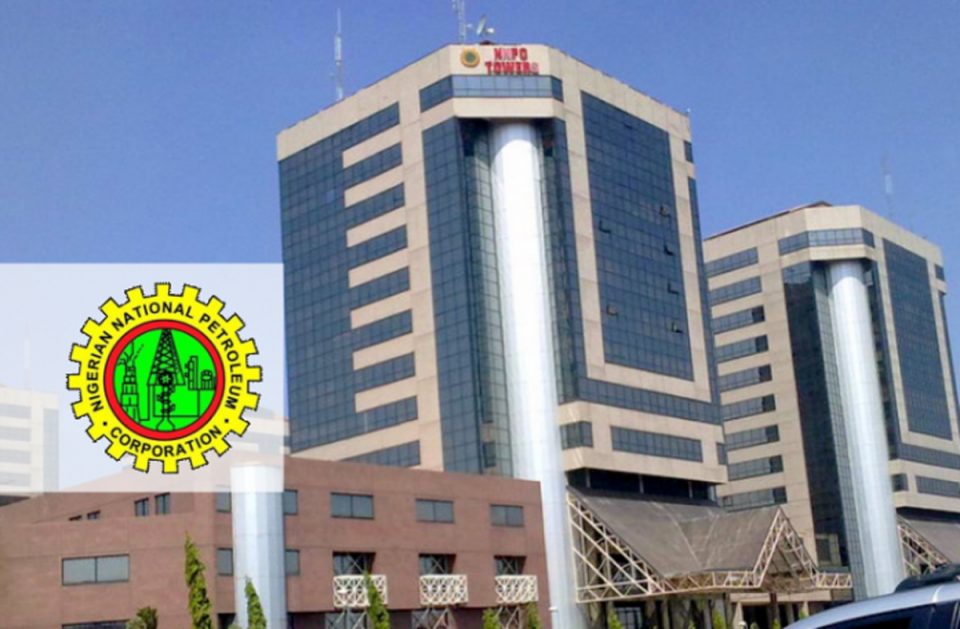…Laments high turnover of GMDs, staff
…Highlights need for commercially-driven NOC
Eighty per cent of the recently constituted Board members of the Nigerian National Petroleum Corporation (NNPC), lacks real expertise in the petroleum industry to drive growth and cost-cutting initiatives in the corporation, according to energy expert and Principal Partner, Primus Partners and Solicitors, Mr. Najim Animashaun.
Speaking at an online Masterclass on the Natural Resource Charter, focused on assessing the role of State Owned Enterprise, Animashaun disclosed that the NNPC does not have an empowered, professional and independent Board, noting that as presently constituted, the Board allows for political interference.
The masterclass for media and civil society organisations, was organized by the Nigerian Natural Resource Charter (NNRC), a global initiative to promote transparency in the extractive industries.
Animashaun insisted that NNPC’s corporate governance might improve if board members were largely independent and selected based on technical capacity and competence.
He said, “The current Board has two politicians with no real petroleum sector expertise, while only two persons in the Board have more than 10 years’ experience in the oil and gas sector. Eighty per cent of board members have no real expertise in the petroleum sector.
“Provisions for constituting the NNPC Board are stipulated in the NNPC Act, which provides for the Minister of Petroleum Resources to act as Chairman of the board. It also provides for a representative of the Ministry of Finance, but leaves little room for executive directors, with only the Group Managing Director (GMD) of the NNPC represented on the Board.
“While the Act allows for private sector participation, there is no representation of private actors on the current NNPC Board. Consequently, the set-up by design and practice make for a heavily government-oriented board, also reflecting the ownership structure. Little wonder the set-up described above freely allows for political interference.”
High turnover of GMDs, staff
He further noted that the NNPC had a higher rate of turnover of chief executive officers and staff, compared to its peers, stating that this was promoting leakages in the system, fuelling conflict of interests and dampening staff morale.
According to him, the NNPC has had 20 GMDs, with an average tenure of two years, compared to Saudi Aramco, whose chief executive officers have an average tenure of nine years, and Petronas, an average tenure of seven years.
Animashaun added that recruitment into the NNPC is subject to patronage, socio-ethnic and religious considerations as well as Federal Character that impedes competitive staffing, adding that it is unclear how the NNPC’s strategy of investments in staff anti-fraud translates into staff integrity.
According to him, in their study of the NNPC, it was discovered that the corporation does not have a clear leadership and succession planning, while there is the absence of career development also.;
He said, “Issue of staff integrity is not compliance learning or checklist. It is in the corporate culture and the sense of value and being valued by staff. High management turnover means staff see management as political appointees and not corporate leaders whose vision they buy-into and are eager to implement.
Animashaun added that among the five national oil companies reviewed, only the NNPC does not have routine audits and publish its accounts, while he emphasised the need for NNPC to be commercially driven.
Failure to audit
According to him, the lack of a culture of openness and disclosure within the system is partly responsible for the poor record keeping, the lack of checks and balances, ineffective performance reviews and audits, and the absence of transparency and accountability in the NNPC.
He said, “Petrobras with lower reserves than the NNPC, generates more revenues and 26 times more profits than the NNPC. Even while it was subject to the biggest corruption investigation in its history and paying fines or making provisions in excess of US$10 billion on its balance sheet and still make profit.
“Failure of governance and failure of accountability and transparency impacted PetroBras’ management and operational efficiency, however, because it is commercially driven it has been able to sustain its business model. Commercial efficiency is key to the health and sustainability of a national oil company (NOC).”
On what needed to be done to achieve an efficient NOC in Nigeria, Animashaun said the Petroleum Industry Bill should be passed, and should make commercial efficiency the objective of the NOC; capitalize the new NOC adequately and ensure the recruitment of international expertise to the New NOC, both at the Board and management level.
In addition, he said, “Remove NNPC’s statutory discretion to engage in all commercial activities in petroleum industry; focus on developing NNPC’s strengths and provide strategic policy direction for NOC to have energy transition plan.”




